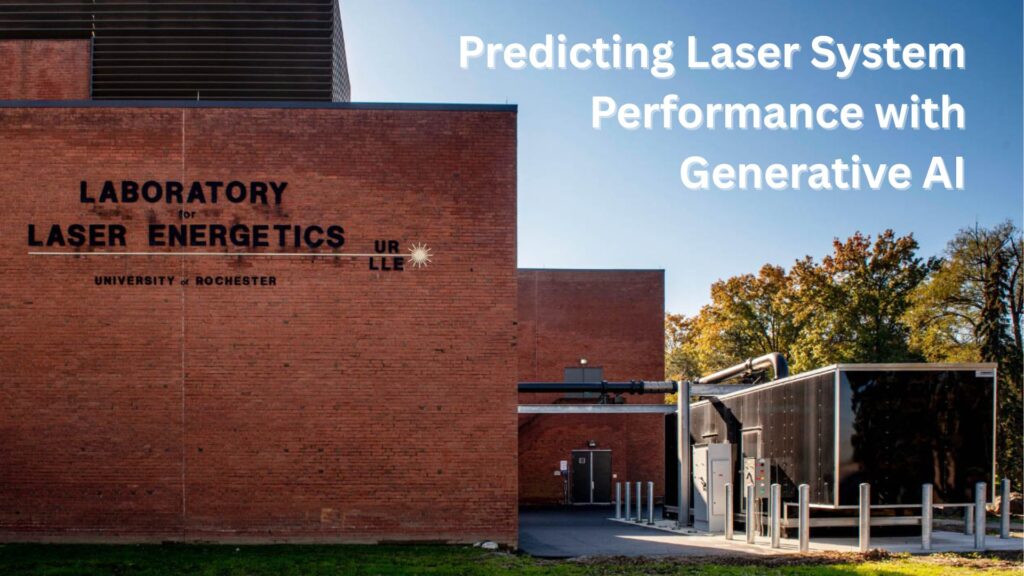
Team Members: Anjaly George, Jaimin Shah, Karthik Dinesh, Rishabh Sharma
The goal of the University of Rochester’s Laboratory for Laser Energetics (LLE) project was to predict laser system performance by modeling the relationship between input and output energy distributions, enabling more precise and efficient experiment designs. To achieve this goal, students developed a two-stage framework, incorporating a ViT-3D Convolver for initial predictions, independent denoisers – UNet-ResNet for spatial beams, and SFFN-AE for pulse shapes to refine outputs. Additionally, the team explored alternative architectures such as LSTM for pulse-only prediction tasks. The ViT-3D Pulse Denoiser achieved the best results, with a Mean Squared Error (MSE) of 0.947 and an energy difference of 3.66 Joules for pulse predictions. For spatial beam outputs, the UNet-ResNet-based image denoiser demonstrated a low energy difference of 3.35 Joules and a Mean Absolute Percentage Error (MAPE) of 17.8%, showcasing its robustness across both modalities. These findings demonstrate the potential of generative AI for real-time, high-accuracy laser system predictions.
